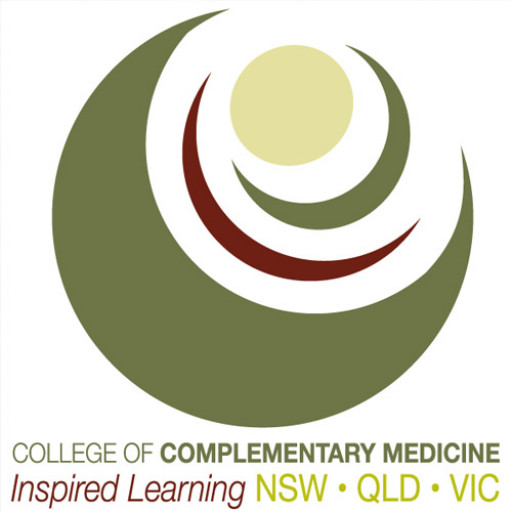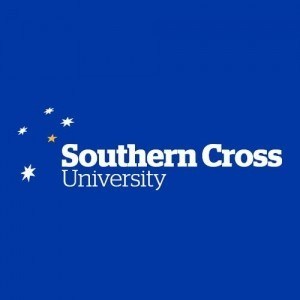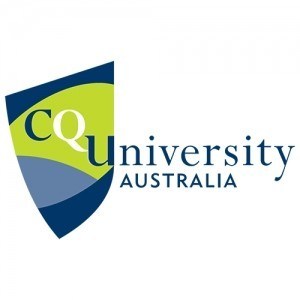Program Description: The Kinesiology program at the College of Complementary Medicine offers students a comprehensive education in the science of human movement, focusing on the understanding of muscular, skeletal, and neurological systems. Designed for individuals passionate about promoting health, healing, and physical well-being, this program combines theoretical knowledge with practical application to prepare graduates for careers in rehabilitation, sports therapy, wellness coaching, and holistic health practices. Throughout the course, students explore various aspects of movement sciences, anatomy, physiology, and injury prevention, acquiring essential skills to assess, analyze, and improve physical performance. The curriculum emphasizes both conventional medical knowledge and complementary approaches, fostering a holistic perspective on health and wellness. Students will engage in hands-on practice, internships, and case studies to develop competence in designing personalized treatment plans and improving clients' quality of life. The program aims to cultivate critical thinking, research capabilities, and empathetic communication, ensuring graduates are well-equipped to work in diverse healthcare and wellness environments. Graduates of the Kinesiology program will be prepared to pursue professional certification, further specialization, or continued academic studies, contributing positively to the health and well-being of individuals and communities. This program is ideal for those committed to advancing their understanding of movement science and integrating holistic methods into their practice, supporting lifelong health and vitality.
The Kinesiology degree program at the College of Complementary Medicine offers a comprehensive education in the science of human movement, physical health, and functional performance. This program is designed to equip students with a deep understanding of the biomechanics, anatomy, physiology, and motor learning processes that underpin human movement. Throughout the course, students will explore the principles of muscular function, joint mechanics, and how lifestyle factors influence physical well-being. The curriculum combines theoretical knowledge with practical skills, enabling students to assess, analyze, and enhance movement patterns in diverse populations. Emphasis is placed on developing personalized intervention strategies, injury prevention techniques, and rehabilitation methods. The program also covers rehabilitation psychology, ergonomics, and fitness assessment to prepare students for roles in healthcare, sports, and wellness industries. Students will have opportunities for hands-on training through supervised clinical placements, workshops, and laboratory work. Interdisciplinary approaches are integrated into the curriculum to foster a holistic understanding of health and movement. Graduates will be prepared to work as licensed practitioners or to pursue further specializations such as sports therapy, physiotherapy, or occupational therapy. The program aims to produce competent, ethical, and compassionate professionals capable of contributing to individual and community health improvement. Courses are designed to develop critical thinking, evidence-based practice, and communication skills, ensuring graduates can effectively engage with clients and multidisciplinary teams. By the end of the program, students will have acquired the knowledge and skills necessary to evaluate movement dysfunctions, develop treatment plans, and promote lifelong physical activity for optimal health.
Program requirements for the Bachelor of Science in Kinesiology at the College of Complementary Medicine typically include a combination of prerequisite coursework, practical experience, and academic performance standards. Applicants are generally expected to have completed secondary education with a strong emphasis on sciences such as biology and chemistry. Some programs may require standardized test scores, though this varies by admissions cycle. Once admitted, students must complete core courses covering anatomy, physiology, biomechanics, and motor behavior to build foundational knowledge in human movement. In addition, coursework often includes nutrition, sports psychology, and health promotion to prepare students for holistic approaches to wellness. Practical clinical hours are a crucial component, with students participating in internships or supervised training sessions to develop hands-on skills in assessment, injury prevention, and rehabilitation techniques. Throughout their studies, students are expected to maintain a minimum GPA, often around 3.0 on a 4.0 scale, to demonstrate academic competence and meet progression requirements. Certain programs may also require successful completion of a capstone project, thesis, or comprehensive exam to demonstrate mastery of subject matter. Additionally, students may need to obtain certifications or fulfill licensing requirements if they pursue careers that involve direct client contact or healthcare provision. The program emphasizes both theoretical understanding and practical application, preparing graduates for careers in sports coaching, physical therapy support, fitness training, or for further study in related health sciences. Overall, the program aims to produce well-rounded professionals equipped with evidence-based knowledge, technical skills, and ethical standards necessary for advancing in the dynamic field of kinesiology.
The financing options for the Kinesiology degree program at the College of Complementary Medicine encompass a variety of funding sources designed to support students throughout their studies. Students may initially explore government-supported financial aid programs, which include federal and state grants, loans, and scholarships aimed at subsidizing the cost of higher education. These grants are often awarded based on academic merit or financial need and do not require repayment, making them an attractive option for eligible students. Federal student loans provide further financial assistance, typically offering favorable interest rates and flexible repayment plans, thus enabling students to manage their education expenses more effectively.
In addition to government support, the college offers its own scholarship programs, which are awarded on the basis of academic achievement, extracurricular involvement, or special criteria such as regional representation or financial need. Prospective students are encouraged to apply early and complete the necessary application forms to maximize their chances of securing institutional funding.
For students who require additional financial support, private funding options may be available through external organizations, foundations, or sponsorship programs. These may include scholarships from health and wellness industries, professional associations related to kinesiology, or charitable foundations aligned with the program’s ethos.
The college also promotes flexible payment arrangements, allowing students to pay tuition in installments over the course of their studies, reducing immediate financial burdens. Furthermore, work-study programs or part-time employment opportunities within or near the campus are often accessible, helping students offset living and educational expenses while gaining practical experience in their field.
Students are advised to consult the college’s financial aid office early in their application process to receive personalized guidance on available funding options, application procedures, and deadlines. It is important to keep in mind that eligibility criteria, application processes, and fund availability may vary annually, and prospective students should ensure they stay informed about current offerings. Overall, the combination of government assistance, institutional scholarships, external funding, and flexible financial arrangements aims to make the Kinesiology program accessible to a diverse range of students, supporting their academic and professional ambitions in the health and wellness sector.
The Bachelor of Science in Kinesiology offered by the College of Complementary Medicine provides a comprehensive curriculum designed to prepare students for a variety of careers in health and wellness fields. The program emphasizes a thorough understanding of human anatomy, physiology, biomechanics, and movement sciences, equipping students with the foundational knowledge necessary to assess, design, and implement exercise and rehabilitation programs. Students also explore topics related to sports nutrition, injury prevention, and recovery strategies, ensuring a well-rounded education that integrates scientific principles with practical applications.
The program aims to develop students’ analytical and critical thinking skills through laboratory work, case studies, and hands-on training. In addition to core coursework, students are encouraged to engage in research projects and internships that provide real-world experience. The curriculum aligns with current industry standards and prepares graduates for careers in athletic training, physical therapy support, sports coaching, and wellness consultancy.
Students also learn about the psychological aspects of physical activity, including motivation and behavior change, which are crucial for designing effective health interventions. The program emphasizes professional ethics, communication skills, and client interaction, preparing graduates to work effectively in multidisciplinary healthcare teams. Upon completion, students gain the necessary qualifications to pursue further specialization or certification in kinesiology, sports medicine, or related fields.
The program is structured over three or four years, depending on whether students choose to undertake internships or additional certification modules. State-of-the-art laboratories and fitness facilities are used to supplement classroom learning, providing an immersive environment for skill development. Faculty members are experienced practitioners and researchers dedicated to advancing the field of kinesiology and supporting student success. The program also offers various extracurricular activities, seminars, and workshops that foster professional growth and networking opportunities in the sports and health industries. Overall, this degree aims to produce competent, knowledgeable, and ethical professionals ready to promote healthy lifestyles and enhance physical performance in diverse populations.










